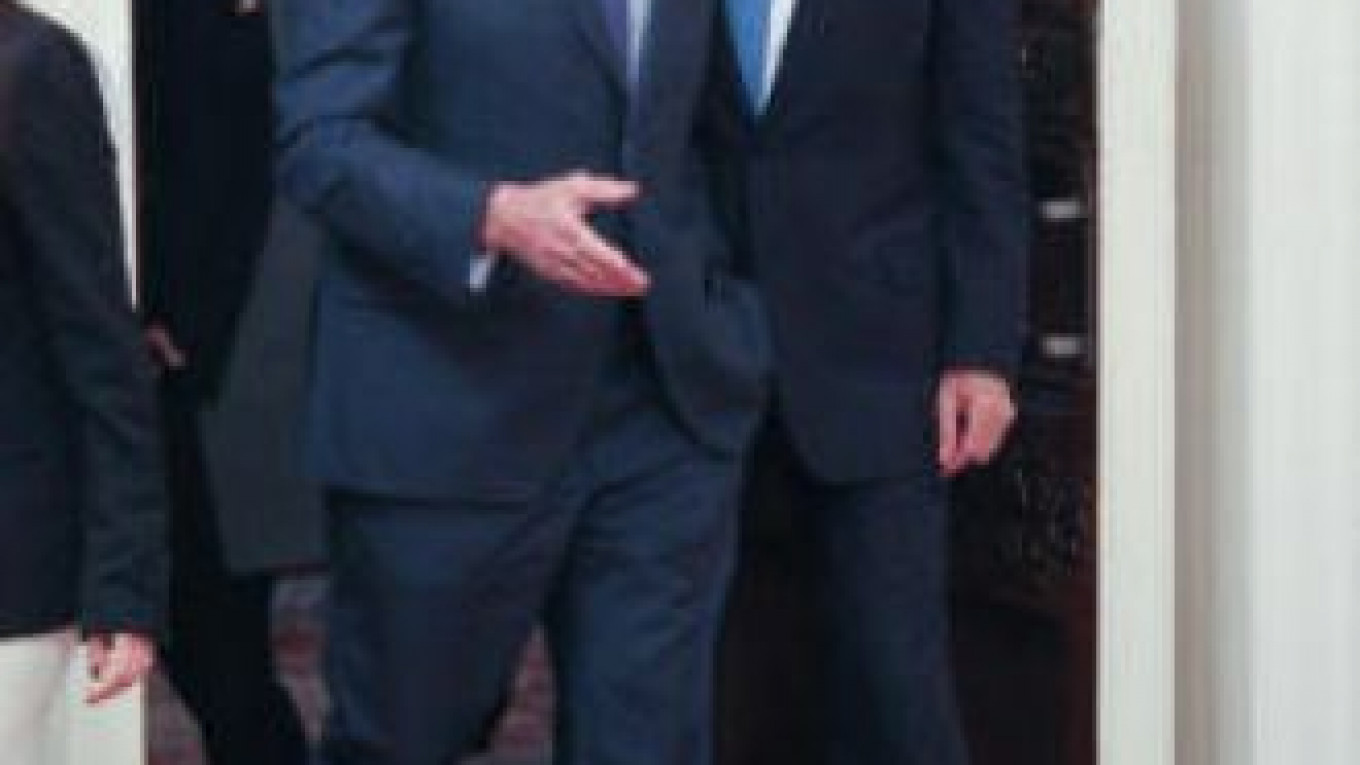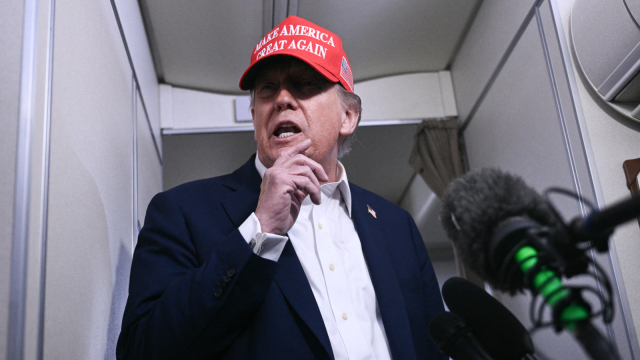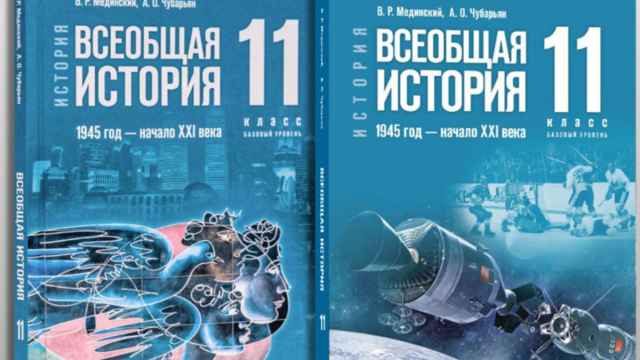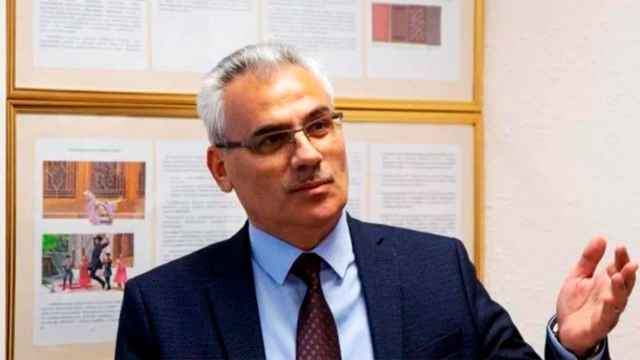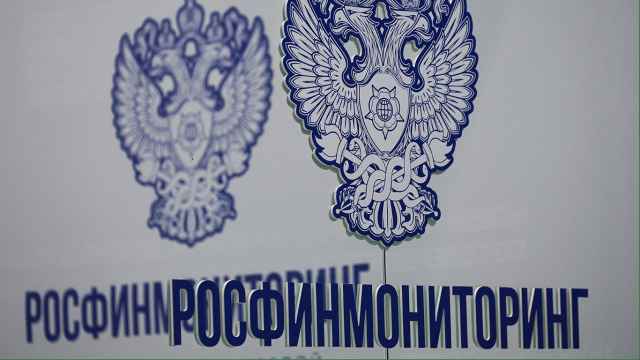Foreign Minister Sergei Lavrov and Defense Minister Sergei Shoigu are set to meet Friday with their U.S. counterparts in Washington to discuss arms control and Syria as well as Russia's decision to grant asylum to NSA leaker Edward Snowden, but expectations are low for the talks amid simmering tensions between the countries.
The meeting hung in the balance after Snowden received asylum on Aug. 1, with the U.S. saying it doubted there was any point in holding the talks, but the State Department announced Tuesday that they would take place.
On Wednesday, the White House announced that U.S. President Barack Obama had canceled a trip to Moscow originally scheduled for next month to meet with Russian President Vladimir Putin due to Moscow's decision to grant Snowden asylum and a "lack of progress on issues such as missile defense and arms control, trade and commercial relations, global security, and human rights issues."
Given the cancellation of that summit, there are "no expectations" that progress will be made at the talks in Washington on Friday, said Masha Lipman, a political expert with Carnegie Moscow Center.
According to a statement issued by the Russian Foreign Ministry on Wednesday, the initial goal of the "2+2" talks between the Russian pair of Lavrov and Shoigu and U.S. Secretary of State John Kerry and Secretary of Defense Chuck Hagel was to discuss questions raised by Putin and Obama during their meeting in June at the Group of 8 Summit in Northern Ireland. Special priority was to be given to missile defense, which the Foreign Ministry called "the main irritant in relations between the two countries."
"We hope the U.S. is preparing for serious and meaningful talks, with the goal of finding mutually acceptable solutions on this matter," the ministry said.
But disappointing talks between Russian Deputy Foreign Minister Sergei Ryabkov and acting U.S. Under Secretary of State Rose Gottemoeller in Brussels on Monday, at which they discussed global security, arms reduction and non-proliferation issues, demonstrated the enduring differences between the two countries in these areas.
In March, the U.S confirmed plans to set up a missile-defense system in Poland and Romania by 2018, in what Russia has said is a security threat directed at it. The Kremlin has not been satisfied by U.S. guarantees that the system is not aimed at Russia, calling them not credible.
On the issue of arms control, the U.S. says it wants a treaty to replace the Nunn-Lugar program for dismantling weapons of mass destruction in former Soviet states that expired in June after Russia said it would not extend it. But Ryabkov said an arms control agreement was contingent upon progress regarding the U.S. missile shield.
"Without an agreement on antimissile defense that would resolve our concerns, no further steps on the issue of arms reduction are possible," he said in an interview with Interfax following Monday's meeting.
Syria, another contentious issue for Moscow and Washington, will also be on the agenda Friday, according to both the Russian Foreign Ministry and the U.S. State Department.
In June, the U.S. announced that it would arm Syrian rebels, a plan that is strongly opposed by Russia, which sells weapons to the government of Syrian President Bashar Assad.
Lavrov is expected to call for speeding up the convening of the so-called Geneva-2 conference, a joint initiative of Lavrov and Kerry aimed at making the Syrian government and representatives of the opposition sit down at the negotiating table. The conference was initially scheduled for June but has been postponed several times.
Lavrov said Wednesday that the conference should be held as soon as possible given the dire situation in Syria, where militants reportedly killed 450 civilians on Monday.
"What is going on there makes the conference even more relevant. The more we postpone it, the more people are being killed," he said after meeting with the Italian foreign and defense ministers in Rome on Tuesday.
Lipman said Ryabkov's recent meeting with U.S. officials demonstrated that Washington had "absolutely no interest" in what Moscow was proposing.
She said that tensions caused by Snowden, whom the State Department said would also be discussed at talks Friday, could be overcome if a consensus could be reached in other spheres but that this seemed unlikely for the moment.
Contact the author at [email protected]
A Message from The Moscow Times:
Dear readers,
We are facing unprecedented challenges. Russia's Prosecutor General's Office has designated The Moscow Times as an "undesirable" organization, criminalizing our work and putting our staff at risk of prosecution. This follows our earlier unjust labeling as a "foreign agent."
These actions are direct attempts to silence independent journalism in Russia. The authorities claim our work "discredits the decisions of the Russian leadership." We see things differently: we strive to provide accurate, unbiased reporting on Russia.
We, the journalists of The Moscow Times, refuse to be silenced. But to continue our work, we need your help.
Your support, no matter how small, makes a world of difference. If you can, please support us monthly starting from just $2. It's quick to set up, and every contribution makes a significant impact.
By supporting The Moscow Times, you're defending open, independent journalism in the face of repression. Thank you for standing with us.
Remind me later.


